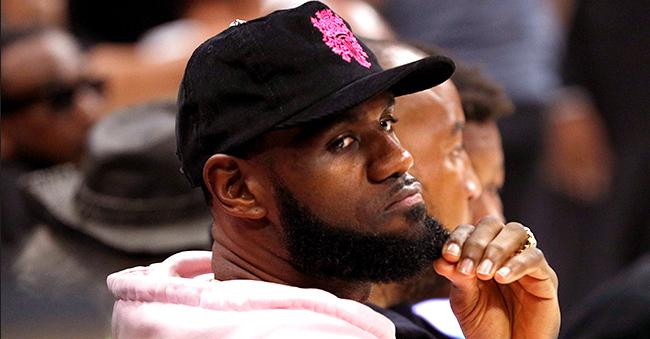
NBA Star LeBron James’ 'Taco Tuesday' Trademark Filing Denied Because It's a 'Commonplace Term'
ESPN reports that the NBA Star lost in his bid to trademark his signature family dinner phrase, "Taco Tuesday." On numerous occasions, LeBron has used the phrase to announce his family's dinner menu to his Instagram followers.
Eventually, LeBron saw that perhaps he could do more than chant the phrase in Instagram clips, which led to him applying for a trademark.
Although the filing was dismissed, on the bright side, since James can't trademark "Taco Tuesday," then no one can, shielding him — or anyone else — from becoming the victim of a lawsuit by the use of the phrase.
James's representative
to Dave McMenamin of ESPN:
“Finding ‘Taco Tuesday’ as commonplace achieves precisely what the intended outcome was, which was getting the U.S. government to recognize that someone cannot be sued for its use."
On Wednesday, the U.S. Patent and Trademark Office declared it had denied LBJ's application for a trademark.
The officials reported that the term was too "common,"
to updates by ESPN. As deduced by the trademark office, the expression was “a commonplace term, message or expression widely used by a variety of sources that merely conveys an ordinary, familiar, well-recognized concept or sentiment.”
Even more, trademark authorities observed that "Taco Tuesday" was a phrase identical to the one also patented by a Las Vegas entertainment company, “Techno Taco Tuesday.”
The father of three applied to the USPTO last month via his firm LBJ Trademarks LLC, as recorded by Daily News. The company's aim was to get protection for the continuous use of the phrase in other platforms.
Dais such as podcasts, online marketing, ‘downloadable audio/visual works,’ social media, and ‘entertainment services.' In conclusion, there were able to achieve their goal.
